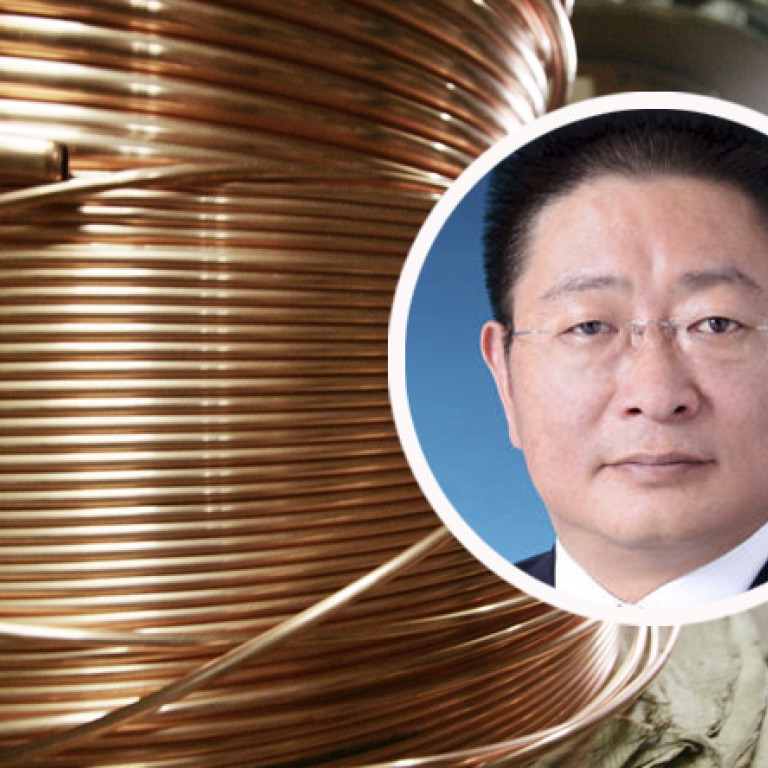
Xining party chairman Mao faces corruption investigation
Reports say case may be linked to his time as mining executive of a company accused of cheating employees of shares
The party chief of Xining city in the western province of Qinghai is now under investigation for alleged corruption, in what some sources say could be linked to his past dealings with the mining industry.
The Central Commission of Discipline Inspection (CCDI) announced late last night that Mao Xiaobing, 49, was under probe for “serious violations to discipline and laws”, a term typically signifying graft.
Mao, originally from Hunan province, started his career in a Qinghai mining company in 1985 after graduating from a university in Beijing.
He worked in Qinghai’s mining industry for around 20 years and was later named chairman of Shanghai-listed Western Mining Company, one of the nation’s top copper and lead producers, in 2002. He was appointed to head its parent company, Western Mining Group, in 2006.
Mao became acting mayor of Xining city in 2009 and was promoted to party head in November 2011. He was also a member of the province’s party commission.
He is the third Qinghai official investigated this month, after Song Jintao, a deputy inspector of Qinghai’s Economic Commission, and Dong Pu, a deputy party head of an industrial park in Haidong city.
The CCDI did not elabourate on Mao’s wrongdoing, but the Beijing Youth Daily suggested the corruption allegations centre on the time he was in charge of mining companies.
In recent years, some employees of Western Mining have complained online that executives had cheated them of non-publicly-traded shares. The employees said they bought the shares before the company got listed in 2007, but they were not compensated.
Mao, who was chairman until 2009, was not explicitly named by the employees.
Online posts showed the employees clashing with police in January.
Mao’s last known public appearance was on April 12, at a tree-planting event with other provincial leaders.
A string of officials across the country have been arrested or questioned amid President Xi Jingping’s aggressive anti-corruption drive since he came to power in 2012.
There has been speculation since January that the crackdown had encountered resistance from vested interest groups, reportedly illustrated by the delay in the formal announcement of a probe against Zhou Yongkang, China’s former security tsar and a former member of the Communist Party’s powerful Politburo, who was reportedly put under investigation in December.
The announcement would mark the end of the party’s unspoken rule that members of the Politburo Standing Committee, including retirees, could be exempt from investigation for economic crimes.
But the anti-graft campaign has not seen any signs of weakening. Most recently, Song Lin, chairman of state-owned conglomerate China Resources, was sacked and put under investigation last week, and more company executives are expected to follow.
